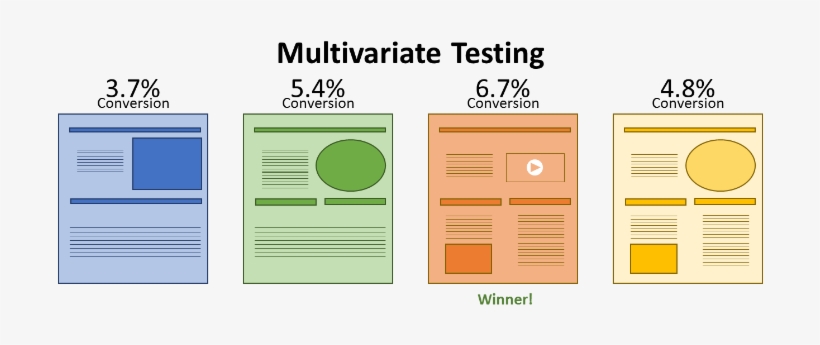Net Promoter Score (NPS)
What is NPS or Net Promoter Score?
A Net Promoter Score, or also know as NPS, measures the overall experience a customer has had with your brand or product.
This information is acquired via a single-question survey, which aims to assess an individual’s willingness to recommend a company’s products or services to others.
The answers are ranked on a scale of 1-3, 1-5, and 1-10 with the numerically smallest ranking correlating to lowest likelihood of referral.
Typically the answers of the respondents are divided into three groups of different aspects:
Detractors:
Individuals who do not recommend a brand are unlikely to purchase its products and may even negatively affect its reputation by posting negative reviews online.
Passives:
Those who rate a company neutral are not particularly satisfied with the service they experienced but don’t have anything negative to say about it.
Promoters:
People who have a high likelihood to recommend the brand they are using typically enjoy an overall good experience with the service.
Net promoter score calculation
After launching a customer satisfaction survey, companies can calculate their results by subtracting the number of customers that said they would not recommend your business to other potential clients from the per cent of people who have said they will continue to visit your establishment. Scores range from minus a hundred to a positive hundred, with higher scores indicating greater levels of customer satisfaction.
Promoters – Detractors = NPS (Net Promoter Score)
Example:
If 20% are Detractors, 20% Passives and 60% are Promoters, the total NPS calculation would amount 60-20 = 40.
In order to get a better understanding of customer satisfaction, the Net Promoter Score should be used alongside other surveys or questioning methods in order that it may represent only one indicator.




